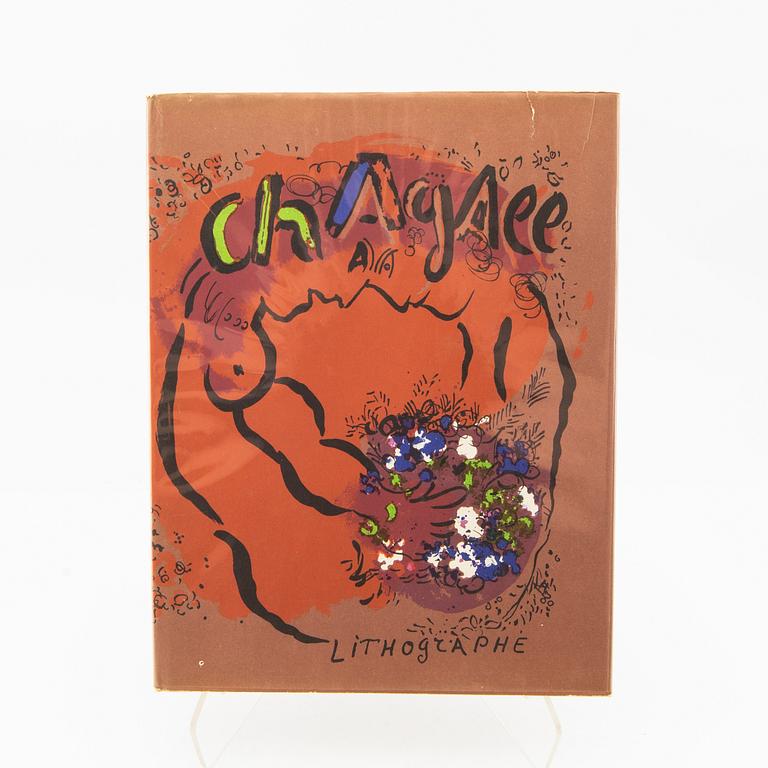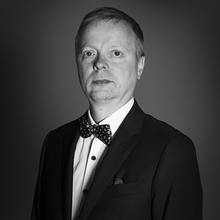Marc Chagall
Marc Chagall, book, "Chagall Lithographer"
"The Lithographs of Chagall", Fernand Mourlot, André Sauret Monte Carlo/London 1960, 12 lithographs including cover, 33x25 cm
Not examined. Cover with tear damage.
Artist
Marc Chagall, the Belarusian artist, is one of the leading figures of modern art, an artist who as a visual language inspired by expressionism, cubism and futurism. His unique way of manipulating reality foreshadows surrealism. Chagall was active as a painter and graphic artist. In 1906 he studied under Yehuda Pen tutorship, after which he moved to St Petersburg where he commenced his studies at Imperial Society for the Encouragement of the Arts under Nikolai Roerich's guidance. During his time in St. Petersburg, Chagall was exposed to modernism, which eventually led him to Paris in 1910.
In Paris Chagall became influenced by the new wave of artists and poets, such as som Max Jacob, Roger La Fresnaye och Robert Delaunay. Chagall eventually became drawn into the politics of the Russian Revolution, and the Soviet Ministry of Culture appointed him Commissar of Visual Arts for Vitebsk Arts College. During World War II, he fled with his family to Paris, spending a brief period in the United States before returning to France in 1949, where he lived until his death in 1985. Marc Chagall is celebrated as a virtuoso, one of the world's most renowned artists, known for his universe that encompasses a spectrum of emotions—from deep sorrow to immense joy. His work continues to inspire and captivate audiences globally, leaving an indelible mark on the history of modern art.







































